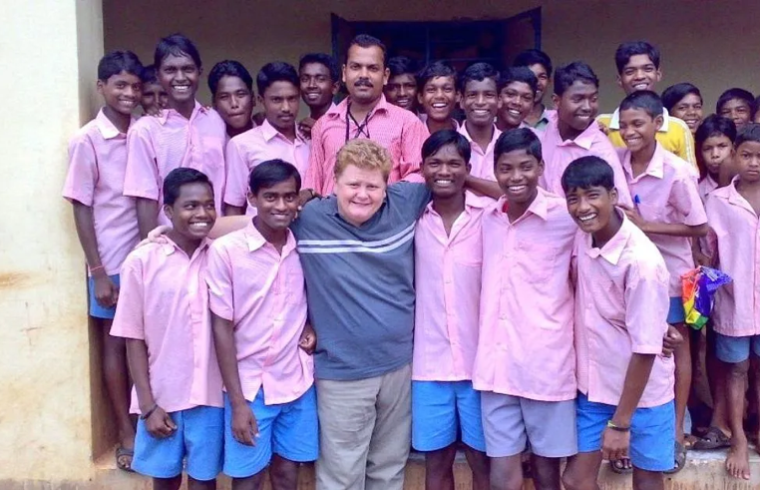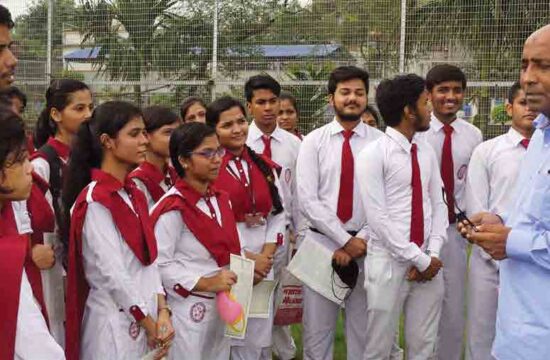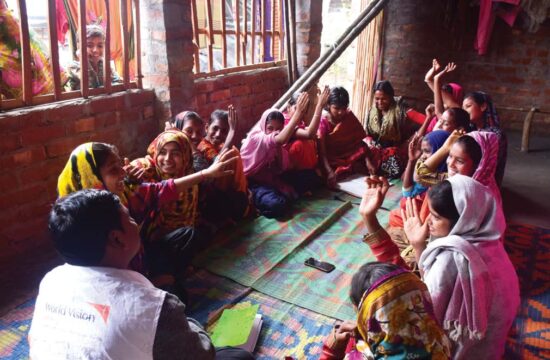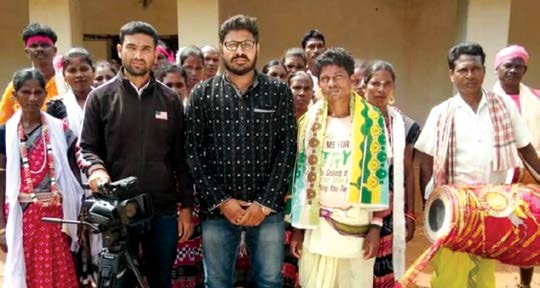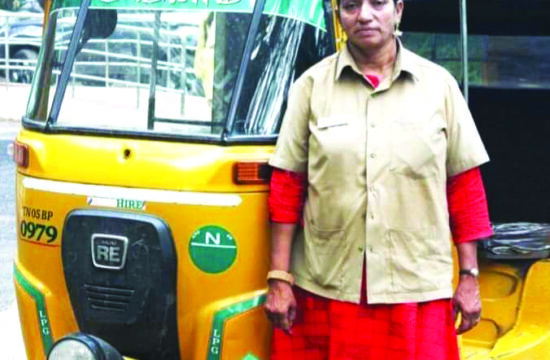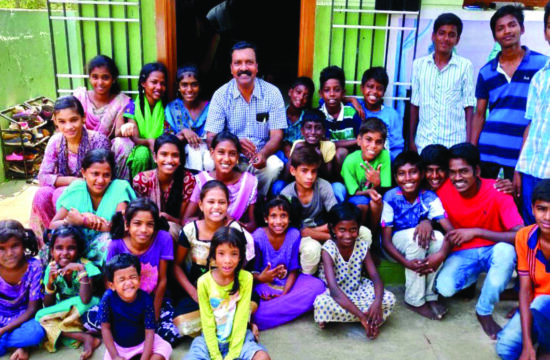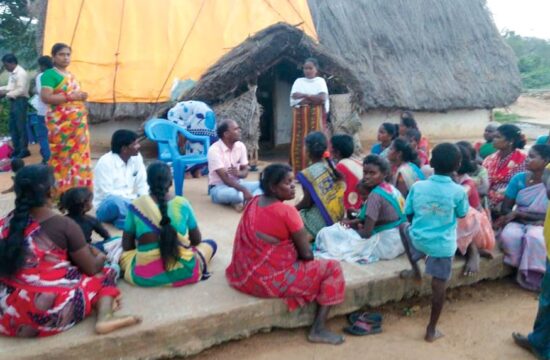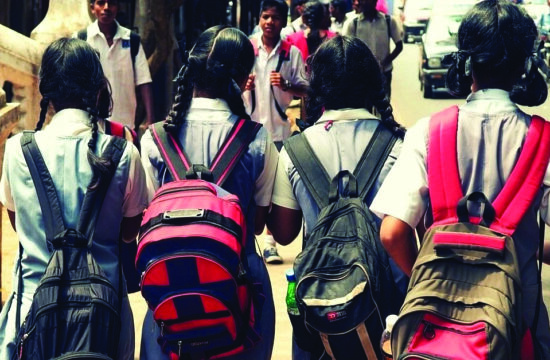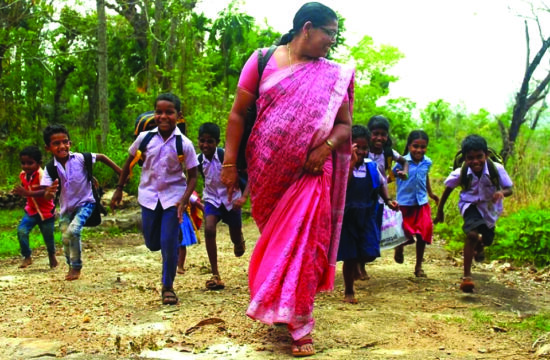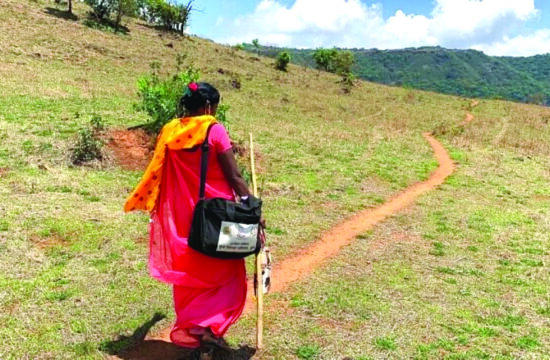Most of you must be watching the Commonwealth Games. You should listen to this story, a story of an uncommon game played in 2007 by very common tribal boys from Odisha. That victory happened also in London. Often, the talent that lies in the tribal belt of India is ignored, and opportunities are denied simply because they do not have political clout. Even if they manage to get to an entry-level, they do not succeed in reaching the pinnacle of their sports and games. We need people who take the road not taken, to support the people on the margins.

“Nobody gave them a chance,” remembers rugby coach Paul Walsh, a British diplomat who led a motley team of tribal boys from Odisha to the TourAid Nations Cup for Under-14s. Along with Sanjay Patra and Sailen Tudu, Paul Walsh taught the tribal boys how to throw the ball, and, armed with lots of hope, they traveled from Kolkata to London. This bunch of young teenagers beat the teams from Zambia, Romania, Kenya, and Swaziland in the league stage, and then left their best for the final against the South Africans.
They started Jungle Crows Foundation, a sports and social development organization to support children and young people from tribal areas. First, they conducted a local tournament in which 60 kids registered to play, and they were taught about the sport, tactics, and fitness. To motivate them, they were shown the hockey film Chak de India! (2007). They trained on the hard, dusty grounds in the Odisha heat while preparing for a tournament to be played on the grass, in cold and rainy London. In the end, it all came together. By the time they reached London, the boys knew the game. Over a few months, the boys were not only taught the sport but gained unique life experiences as they traversed across continents. For them, it was their first time on a flight, and adjusting to things in the aircraft was a huge challenge, recalls Rajkishore, one of the coaches.

In the final at the London Scottish ground in Richmond, they played against the team from South Africa. The boys, initially seemed frightened and intimidated by advanced plays and technical maneuvers, and went 0-5 down. However, they eventually came back with three tries and went on to win 19-5. They played a simple but excellent game, using their rustic energy and original talent. The world heard ‘the Jungle Cry”. It was a cry of empowerment.
The author is a former Director of Goa Institute of Management (GIM) and currently Director of St Joseph’s Institute of Management (JIM), Trichy.


